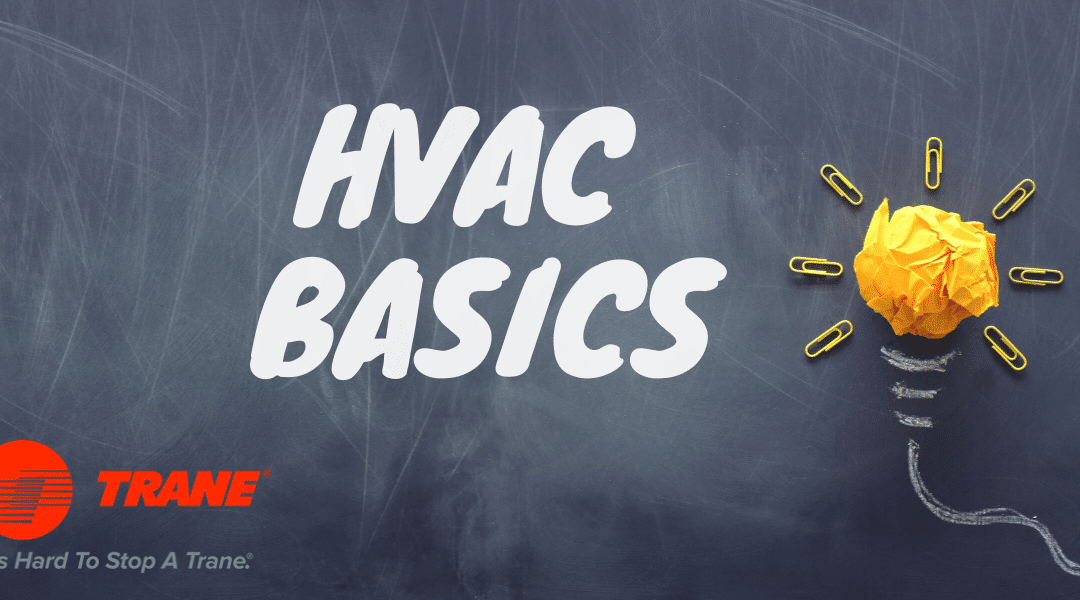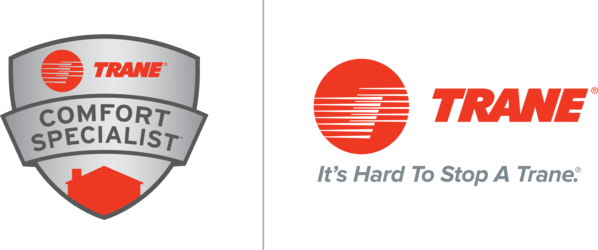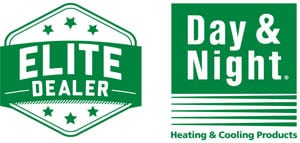Let’s begin by understanding what the term HVAC means. This abbreviation stands for heating, ventilation, and air conditioning. At its core, HVAC units are responsible for heating and cooling your home. There are multiple factors when it comes to deciding what system will work best for your home, so if you don’t know where to start, we’ll give you a crash course!
How Much Does a New Unit Cost?
Before purchasing a new HVAC system there are many things to consider when thinking about price. For example, various models, systems, and size should be thought about before making a big purchase. Below are some factors to review to get you started.
-
- The size of your home will affect how much you have to pay for the energy cost. A larger unit will fit a larger home and vice versa. With proper insulation and sealing you can budget your heating and cooling cost more efficiently.
-
- Weather and region determine how much you will have to spend on your system and energy as well. The difference in temperature is what will make the cost vary.
-
- Ductwork is important because this is how the air travels throughout your home. When properly installed, a system can efficiently minimize energy use and maximize your comfort. Installing or replacing your ductwork can cost as much as $3,000.
-
- After finding a basic HVAC unit, adding features to enhance your air quality will also increase your price, but will effectively improve your comfort and air quality.
Different Products for Heating and Cooling
There are additional products that can accompany your HVAC systems that are important to understand, like the examples below.
-
- Air Conditioners use the indoor heat of your home to transfer outside. This is most commonly found in residential units.
-
- An Air Handler works with the heat pump to distribute air through your living space.
-
- A Furnace is what burns fuel and dispenses heat through your living space. It comes in 4 parts: 1. Burner, 2. Heat Exchanger, 3. Blower, 4. and a Flue that acts as a gas exhaust.
-
- Heat Pumps are products that use outside air to both heat and cool the air in your home, depending on the weather. It is a great option to save energy in milder climates.
-
- Ductless Systems heat and cool your home without the cost of adding in the ductwork.
Key HVAC Terms To Know
-
- Split System: a two-part indoor/outdoor unit. Most commonly found in modern living spaces.
-
- Heating Stage: the amount of settings or options a Heat Pump or Furnace contains. People tend to gravitate towards a multi-stage system seeing as how they run more efficiently and offer precise temperature control than a single-stage system.
-
- Cooling Stage: the same as a heating stage except with an air conditioner.
-
- AFUE: a measuring unit in converting heat to energy in a furnace. A higher percentage equates to better efficiency and lower energy costs.
-
- SEER: a measuring unit that converts AC or Heat Pump efficiency. Like the AFUE, the higher the percentage, the better in terms of efficiency and energy costs.
Seasonal Maintenance
Regardless of how new or old your HVAC unit is, routine maintenance needs to be done to keep your system working at peak performance. This is especially significant during seasonal changes.
Remember to get a service check-in late summer or early fall before the cooling season for your Furnace or Heat Pump. As for your Air Conditioner, schedule service in the late winter or early spring before the weather warms up.
Repair v. Replace
A tip for repairing a unit: Use the age of your system and multiply it by the projected repair cost. If your number exceeds $5,000, you should consider replacing your unit.
Here are signs to detect for repairs:
-
- If your entire system needs to be repaired you should look for signs of constant repair, inconsistent performance, and your energy costs rise.
-
- Should your Air Conditioner be 10 years or older and it has a 10 SEER rating or less, it needs to be repaired.
-
- If your furnace is over 15 years old and has 80% AFUE rating or less, then repairs are also needed.
-
- If your Heat Pump is over 10 years old and has a 10 SEER/ 8 HSPF rating or less, repairs will need to be done.
When to Talk to a Dealer
If you have reviewed these HVAC Basics and you still need a little help, it is always advised to call a dealer to professionally evaluate your HVAC needs. At Air Solutions, we’ll be able to give you custom evaluations, emergency repairs, services, air quality evaluations, and special offers.
We hope that with this information you can make the best-educated purchase.
Contact Us
To learn about any of our Trane products, including the Trane ComfortLink Thermostat, contact one of our specialists at Air Solutions. Servicing Southeast Texas from Beaumont to West Orange, we can get your HVAC system smarter in no time. Call 409.962.2476 or visit airsolutionstx.com.
 Rated 5.0 out of 5.0
Rated 5.0 out of 5.0







